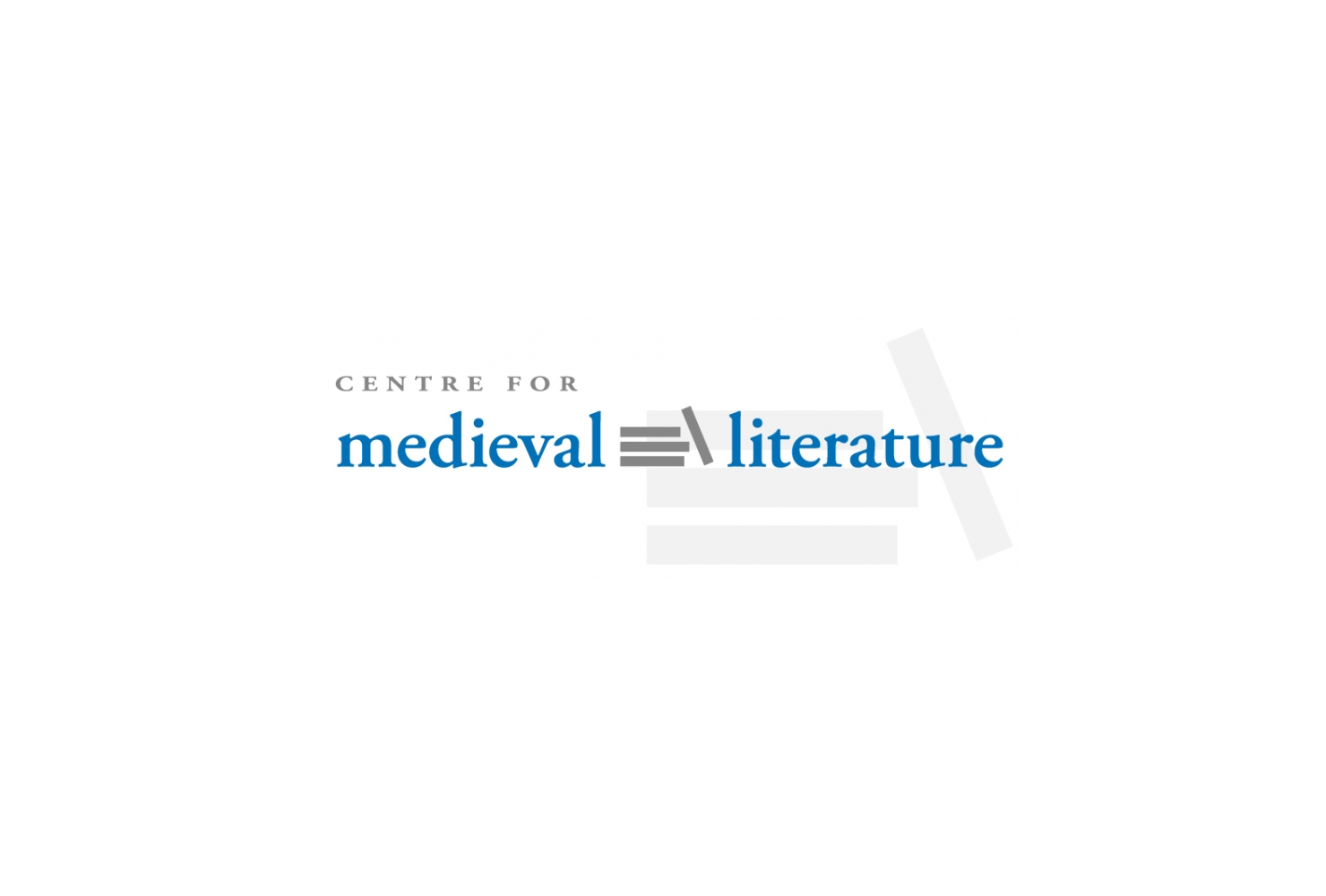
PhD defence: Chiara D'Agostini
CML PhD Chiara D'Agostini will be defending her PhD thesis publicly on Zoom on 24 June 2021 at 1:15 - 4:15 PM CET
CML PhD Chiara D'Agostini will be defending her PhD thesis "Mapping Empires. Re-appropriations of Ptolemy's Geography from the 12th to the 15th century". The thesis has been accepted by The Faculty of Humanities at the University of Southern Denmark for public defence on Thursday 24 June at 1:15 PM CET.
Participation
The event is online via Zoom and open to the public. No registration is required.
Access through https://syddanskuni.zoom.us/j/69610477364
Summary of the thesis
The present thesis investigates the reception of Ptolemy’s Geography (2nd-century CE) by looking at its re-appropriations in three different contexts comprised between the 12th and the 15th centuries. Byzantine readings of the Geography have been crystallized into the picture of Planudes’ rediscovery at the end of the 13th century, which has greatly polarized modern scholarship. In particular, scholarly attention has focused on two different aspects: on the one hand, it has been aiming to investigate the textual tradition of the Geography beginning at the end of the 13th century, the date of our first extant manuscripts; on the other, scholars have been trying to ascertain the origin of the maps attached to the work, with the main question being whether the maps are copies of Ptolemy’s original work or they are a Byzantine product added to the work only at a later stage. In either case, the core of the debate has been the issue of the origin and, more broadly, of the ‘originality’ of the maps.
Such a narrow focus, however, offers an incomplete picture of Byzantine uses and readings of the Geography as it does not take into account the cultural, social and political contexts in which interest in this work arose and developed. The present dissertation aims at reconsidering such a background on the assumption that it deeply affected the different re-appropriations of the Geography. In order to understand the very impact of the Geography, I argue, it is essential to look at the function fulfilled by the geographical treatise and, in some cases, by its maps within the receiving contexts so as to show how geographical knowledge can be functional to historically situated constructions of political space and power.
To this end, this thesis broadens the current scholarly standpoint and looks at the re-appropriations of the Geography and at its role in eliciting a specific geographical imagination within each context taken into account. Taking cue from the theoretical discussion inspired by postcolonial studies and its recent application to Byzantium, which emphasize how the concept of space is a product of the circumstances, the thesis looks at readings and uses of the Geography against their very context, which suggests the presence of connectedness to politics and political considerations.
The emphasis lies on textual evidence related to and motivated by the knowledge of the Geography and texts represent the starting point for the analysis of each context. If, on the one hand, this approach limits the scope of my research, on the other, it offers a useful vantage point as it allows to engage with multiple motifs that display themselves along more than three centuries and within different social, cultural, political and linguistic contexts. The selected texts represent major evidence of the knowledge of the Geography in the period covered by the present thesis and they are the following: for the 12th century, the metaphrasis into verses of part of the Geography authored by John Tzetzes; for the end of the 13th century, the epigrams written by Maximos Planudes to celebrate his rediscovery of the Geography; for the beginning of the 15th century, the preface added to his translation into Latin by Jacopo Angeli from Scarperia after Manuel Chrysoloras had brought the text to Italy. Each text is analyzed both in its own right, within its genre and in its singularity, and in relation to the Geography, providing always a comprehensive contextualization, which includes a reassessment of the agency of the personalities involved in each context. In doing so, this thesis makes use of traditional philological methodologies and attempts to combine them with a theoretical framework inspired by postcolonial studies. In particular, through this approach, space assumes a central relevance and becomes a discursive tool to display power and authority.
Given the centrality of the literary, social and political context in the analysis and the relatively broad timespan considered, it is not unexpected that we find the Geography being engaged with in different ways. This reinforces this thesis’ premises: sometimes it was approached for the authoritative model it represented, or it could well express territorial and political ambitions, often through the instantiations offered in its maps and especially in the world map, or else it was seen as a means of cultural re-appropriation given the importance of every toponym as a cultural marker. Through the analysis, one thing appears rather clear: in each context the Geography is a means to an end. And as such, it speaks to something outside the core of Ptolemy’s treatise, exceeding geography as a subject matter and pointing to issues inherent to the contexts in which it is approached. Moreover, politics is pervasive and shapes the very re-appropriations of this work.
In sum, the thesis reassesses the Byzantine approach(es) to Ptolemy’s Geography, challenging previous narratives which displayed a rather static picture of this reception. By stressing the relevance of the context where this work was engaged with and the uses that were alternatively made of it, my research brings to the fore the variations in its reading and clarifies how geography, a subject matter that we perceive today as truly scientific and allegedly neutral, is instead fluid and discursive. Although the Geography is duly considered the apex of mathematical and scientific geography, it is nonetheless subject to different uses, it takes different shapes according to the context, and alternatively fuels different re-appropriations.